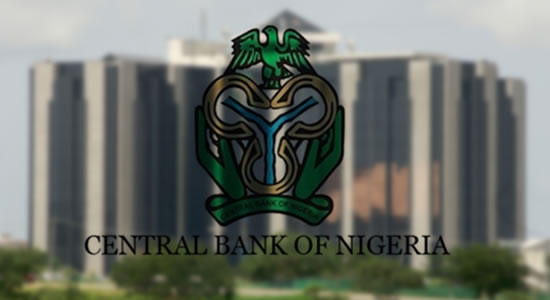Analysts are projecting that the reconstituted Monetary Policy Committee (MPC) will commence the adjustment at its meeting this week, by reducing the MPR to 13.75 percent.
Mr. Bismarck Rewane, Managing Director/Chief Executive of Financial Derivatives Company Limited , explained that Nigerians are expecting that they shift the asymmetric corridor, that is, instead of MPR plus two percent and MPR minus five percent, they will shift to MPR plus five percent and MPR minus five percent.
In other words if you are borrowing from CBN, you will borrow at 14 plus five percent, which is 19 percent, and if you are placing money with CBN, you will get 14 minus five percent, which is nine percent. We expect they will bring down the MPR by 25 basis points, just symbolically.”
Also projecting commencement of monetary easing by the MPC this week, analysts at FSDH Merchant Bank said: “The short-term outlook of the Nigerian economy favours monetary policy easing in order to stimulate credit creation and economic growth. The easing may be in the form of an adjustment to the Monetary Policy Rate (MPR) or an adjustment to the Cash Reserve Requirement (CRR).”
Making a compelling case for monetary easing, they said: “Although the GDP growth rate in Nigeria improved further in Q4 2017 at 1.92 percent from 1.40 percent in Q3 2017, the recovery is still very fragile. Thus additional monetary policies are required to stimulate a broad-based growth.
Analysis of the growth pattern in 2017 shows that two sectors, Agriculture and, Mining and Quarrying were the major drivers of growth. Other leading sectors which are Trade, Information and Communication, Manufacturing, and Real Estate all contracted. Thus, the need for monetary policy easing.
“The increase in the crude oil price and favourable crude oil production in Nigeria have increased capital inflows and also led to favourable trade balance. Consequently, the country’s external reserves (30-Day Moving Average) increased substantially in the last five months, growing to $46.04bn as at March 26, 2018. This provides additional short-term stability for the value of Naira.
FSDH Research, however, recognises the vulnerabilities of the Nigerian economy to the adverse movements in the crude oil prices. Thus the need to stimulate other non-oil sectors to reduce these vulnerabilities. “The growth in money supply as at December 2017 was lower than the CBN’s target for the year. The broad money (M2) grew by 2.62 percent, lower than the target of 10.29 percent. The net domestic credit contracted by 2.95 percent as against the target of 17.93 percent.
The net credit to the private sector grew marginally by 1.40 percent, lower than the target of 14.88 percent. “The need to curb high inflation rate and maintain stability in the foreign exchange market were the main reasons for the contractionary monetary policy. FSDH Research believes the inflation rate may drop to single digit mid-year, while the exchange rate should remain stable in the short-term.
Therefore, there is a need for monetary policy easing to boost credit creation and stimulate economic growth. Looking at the short-term outlook of the Nigerian economy, FSDH Research believes the MPC should begin monetary policy easing to signal the end of its monetary policy tightening cycle.”





















